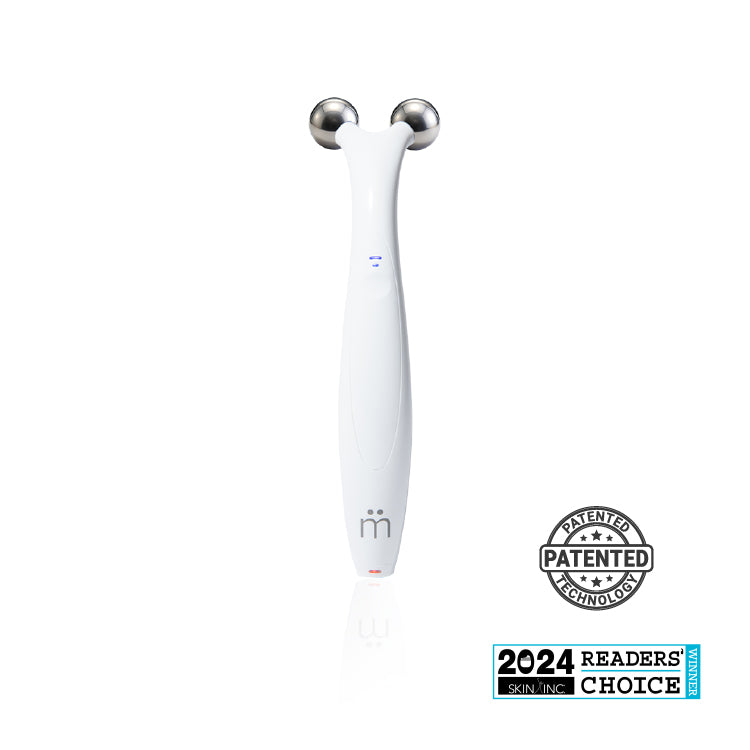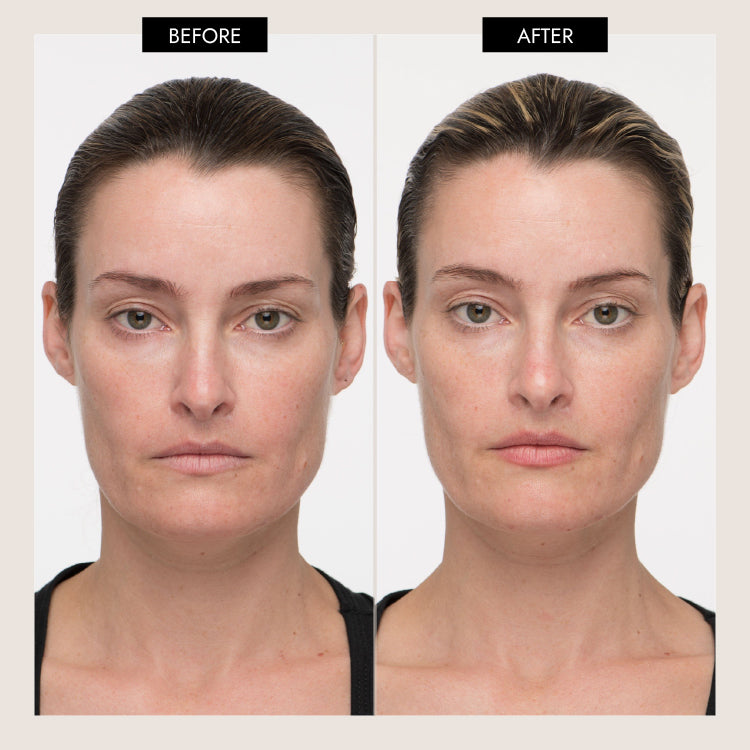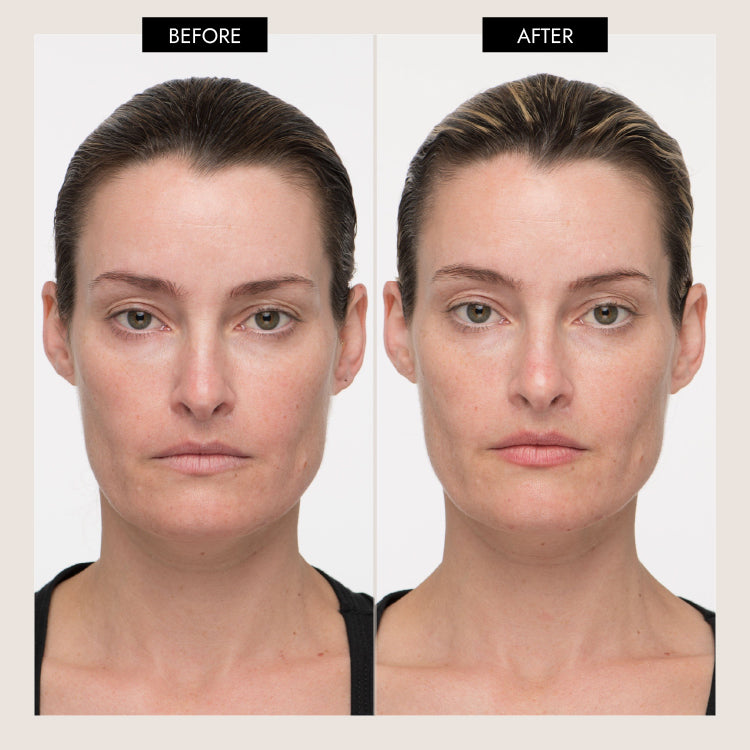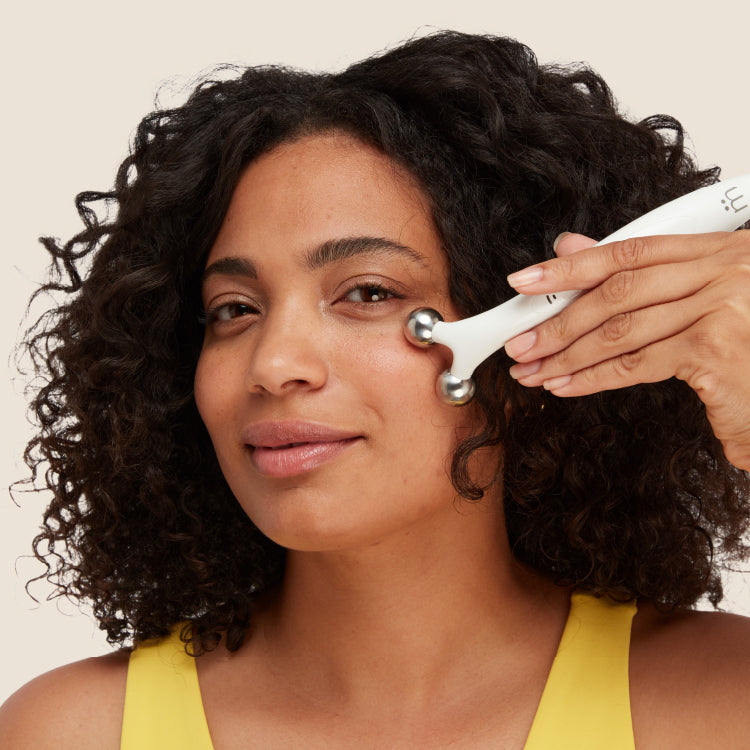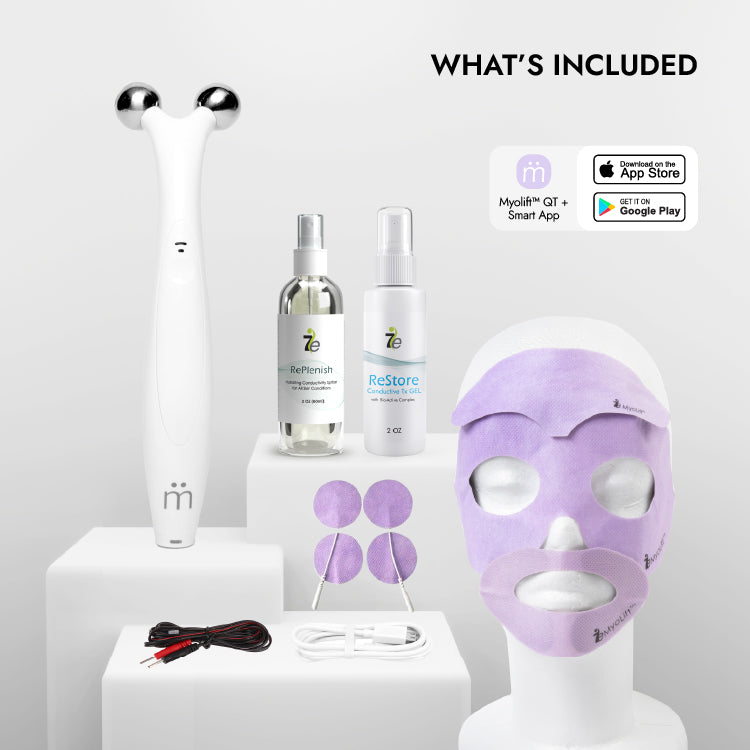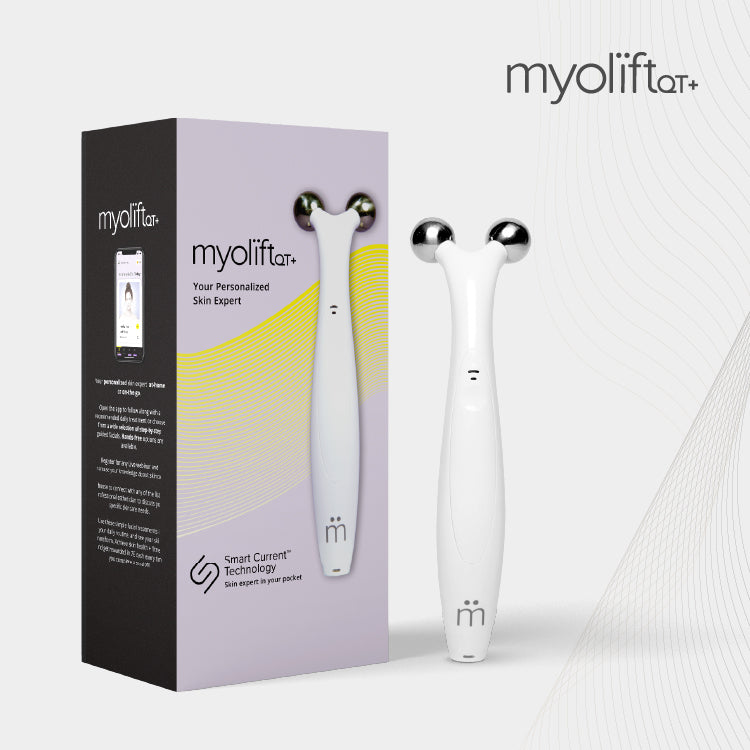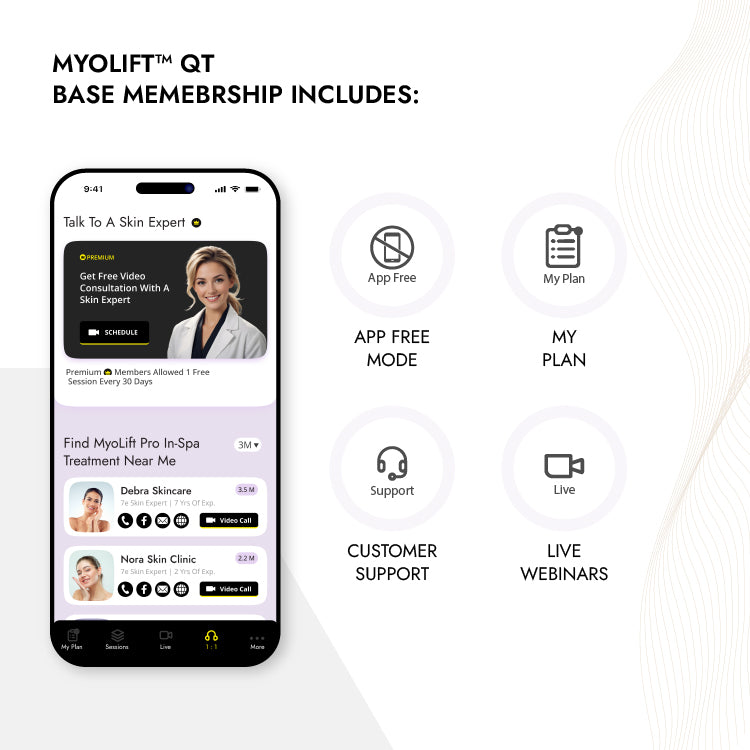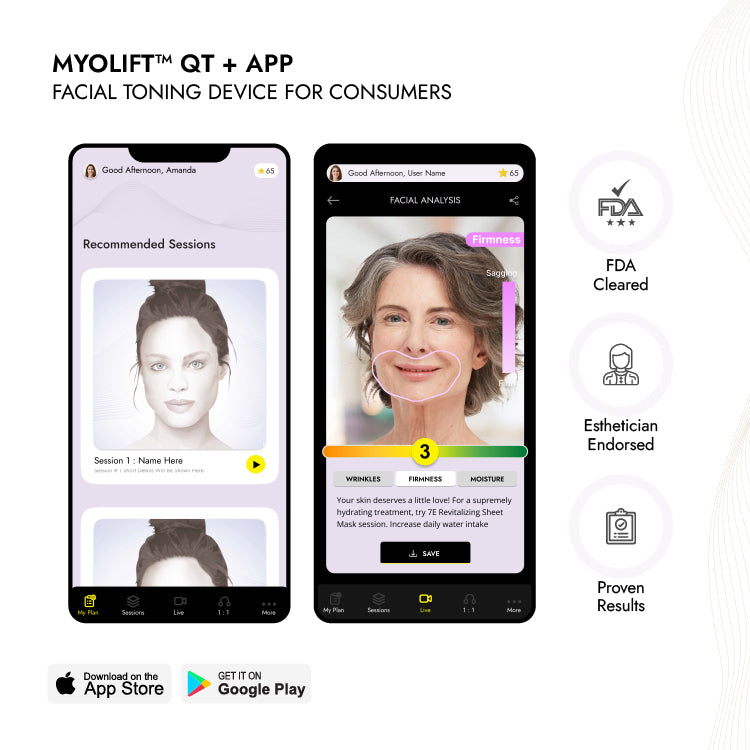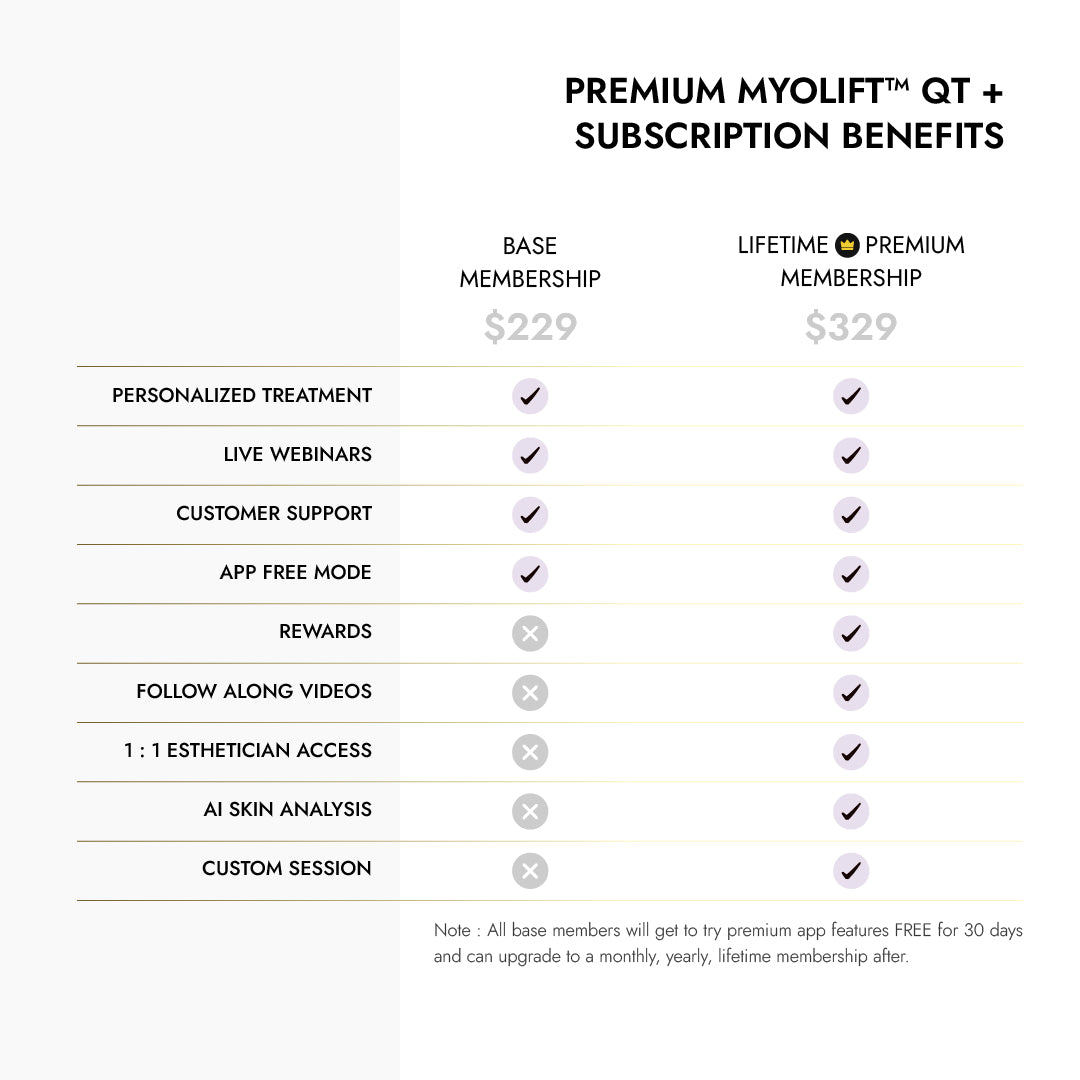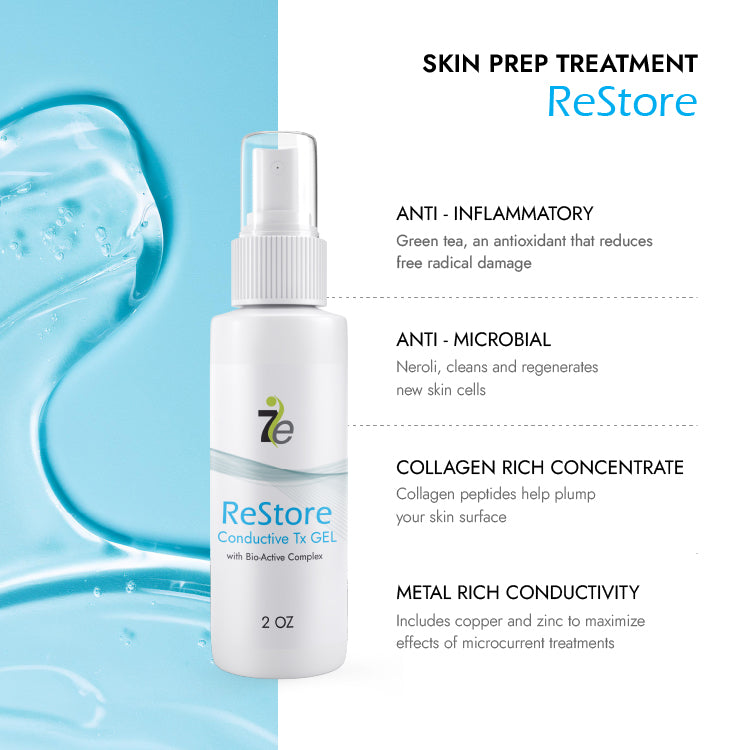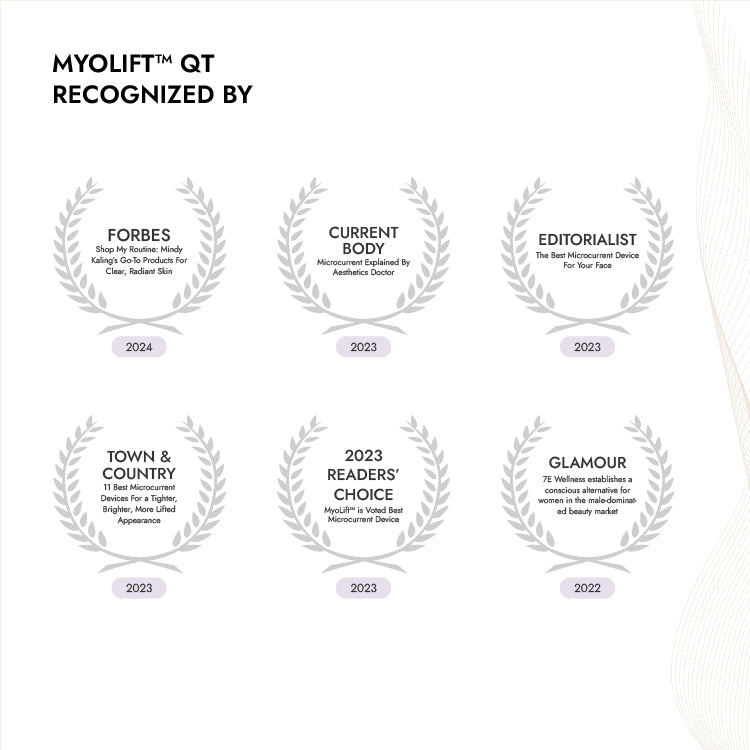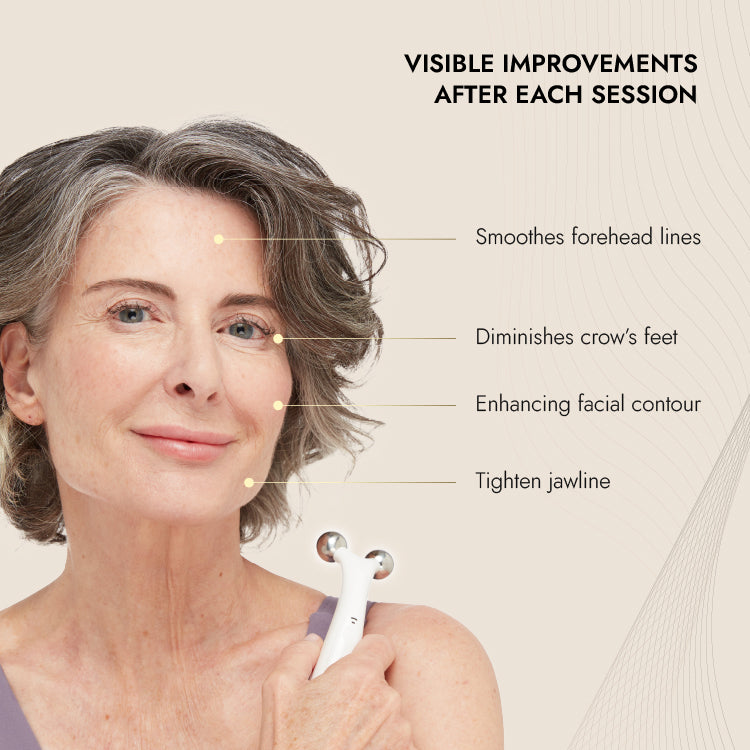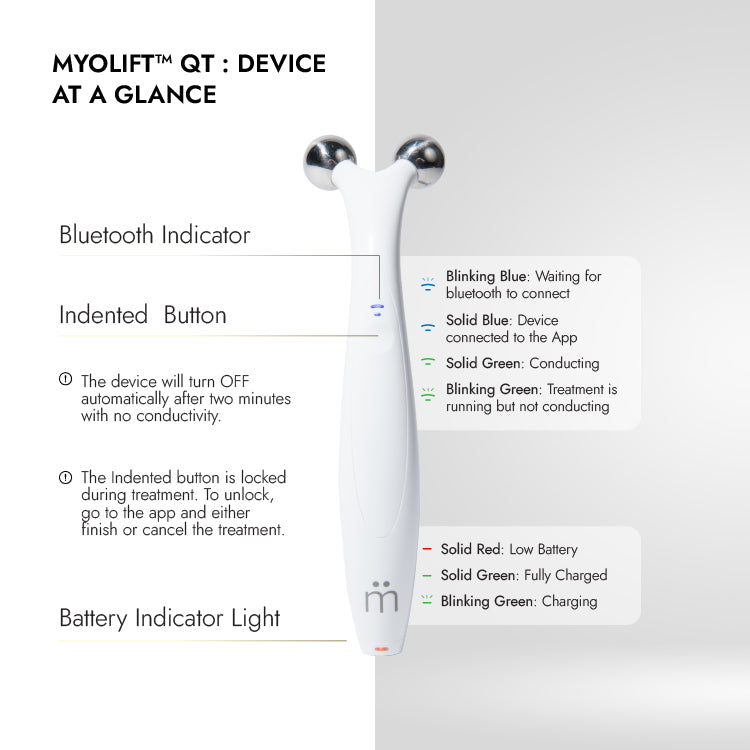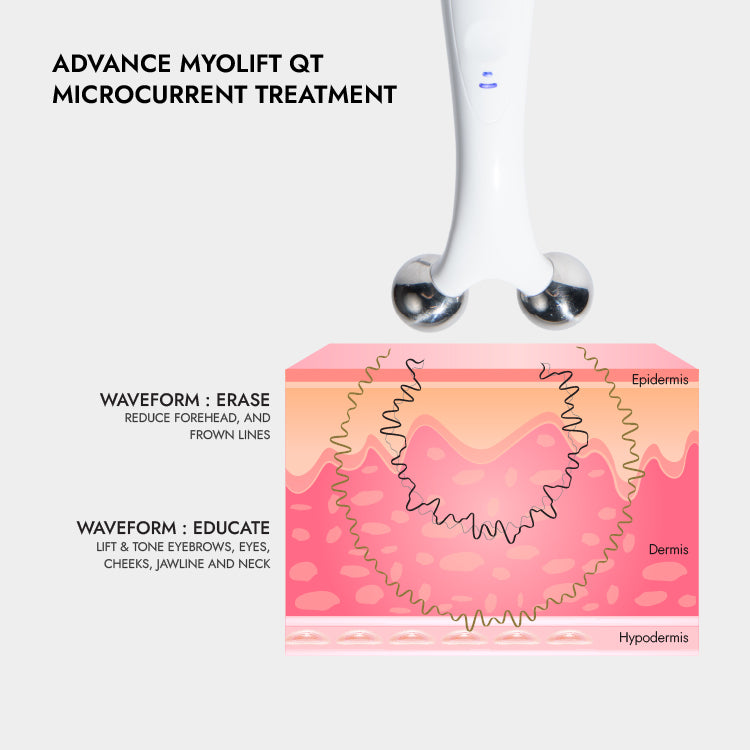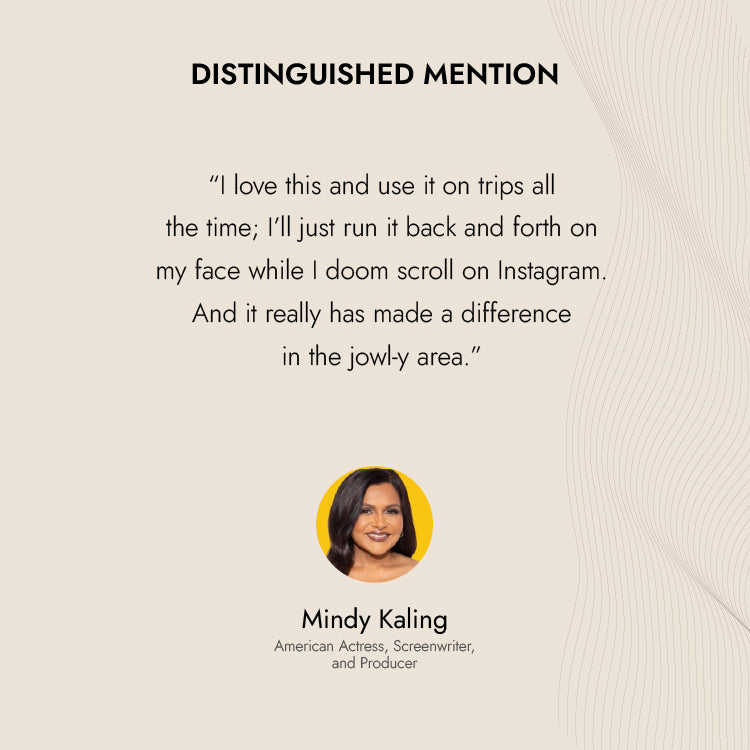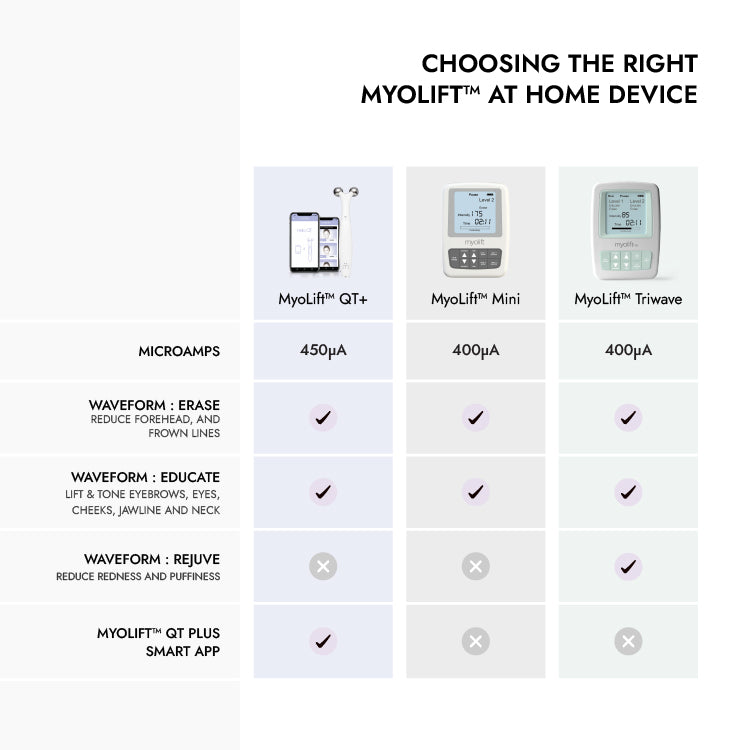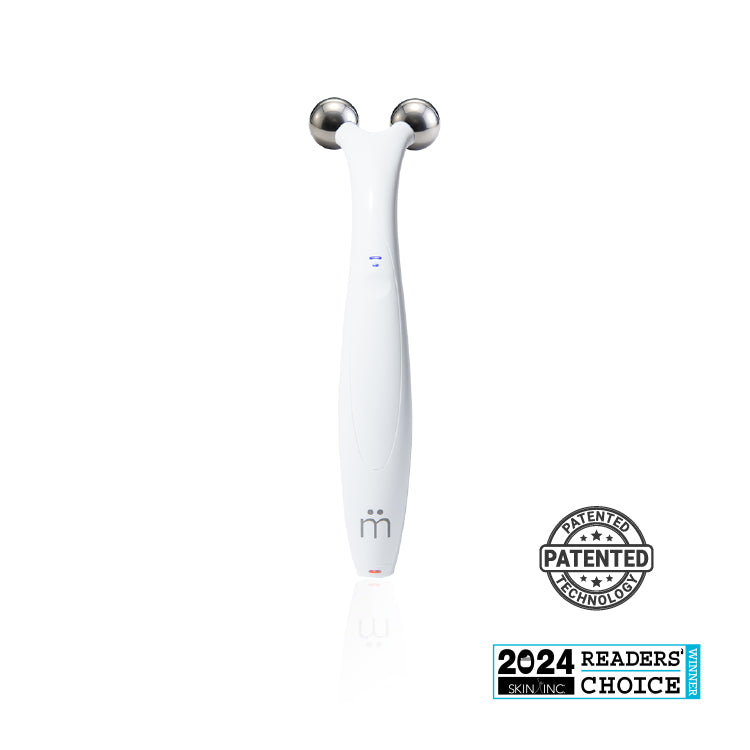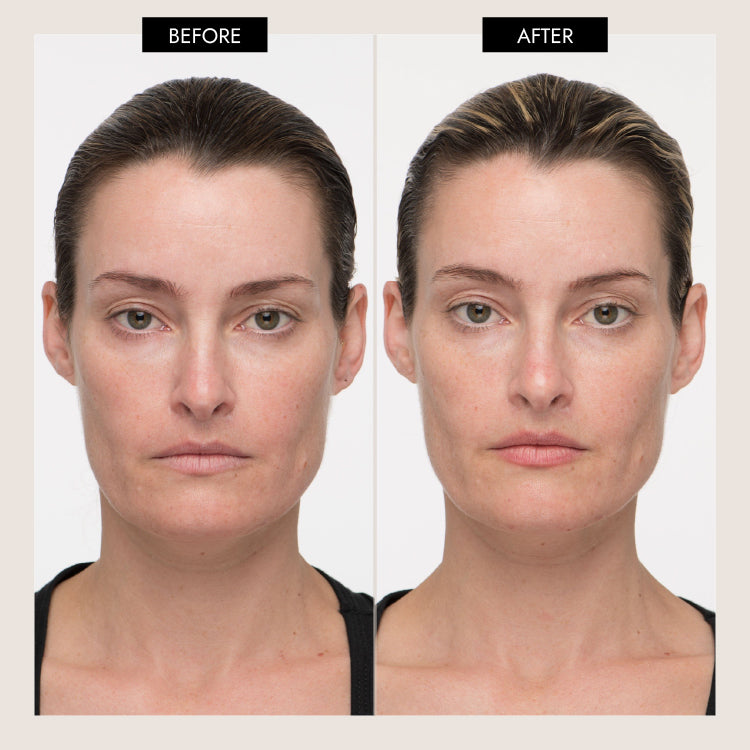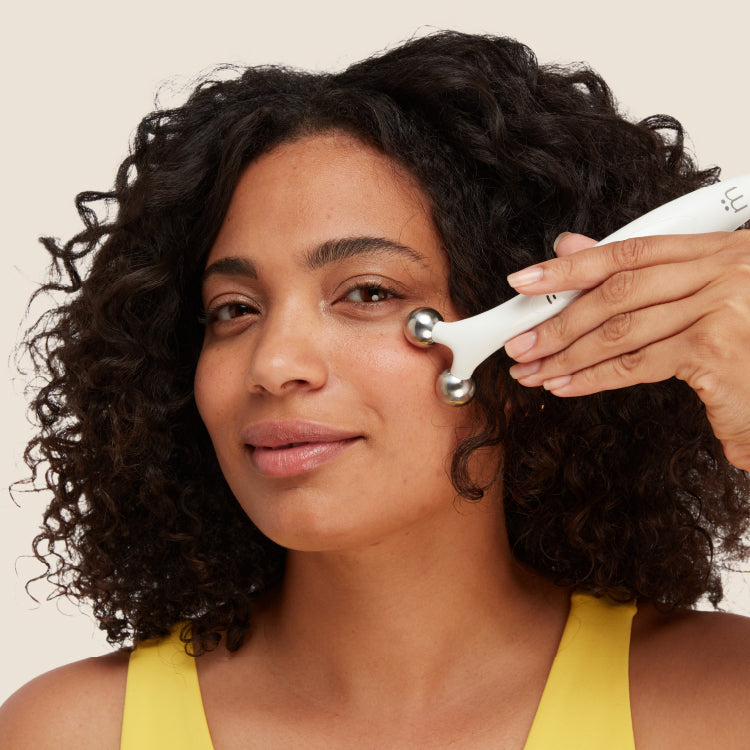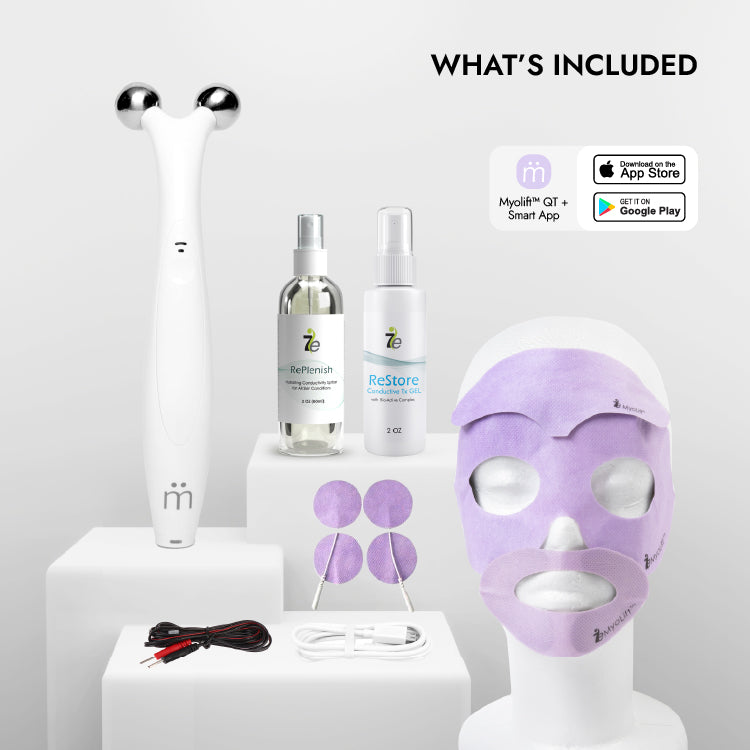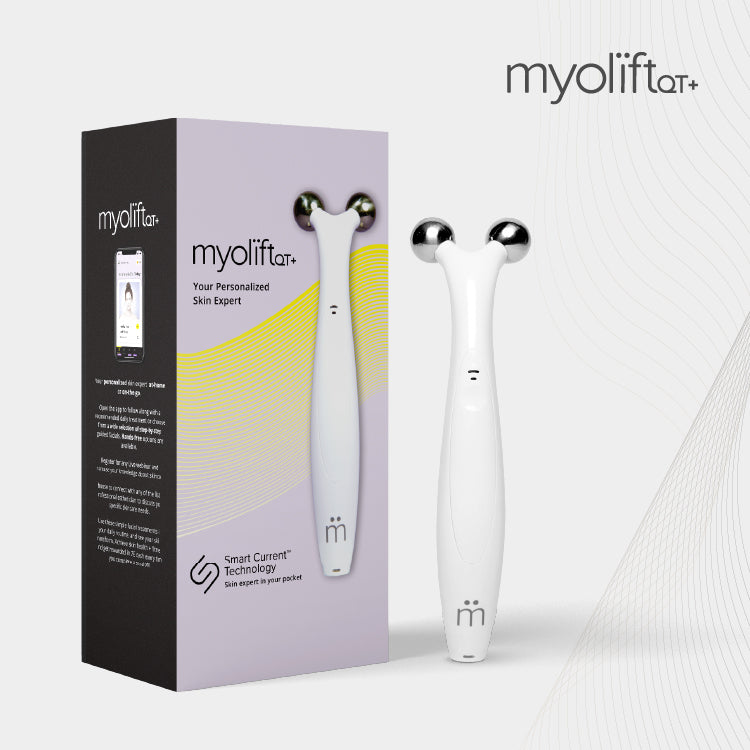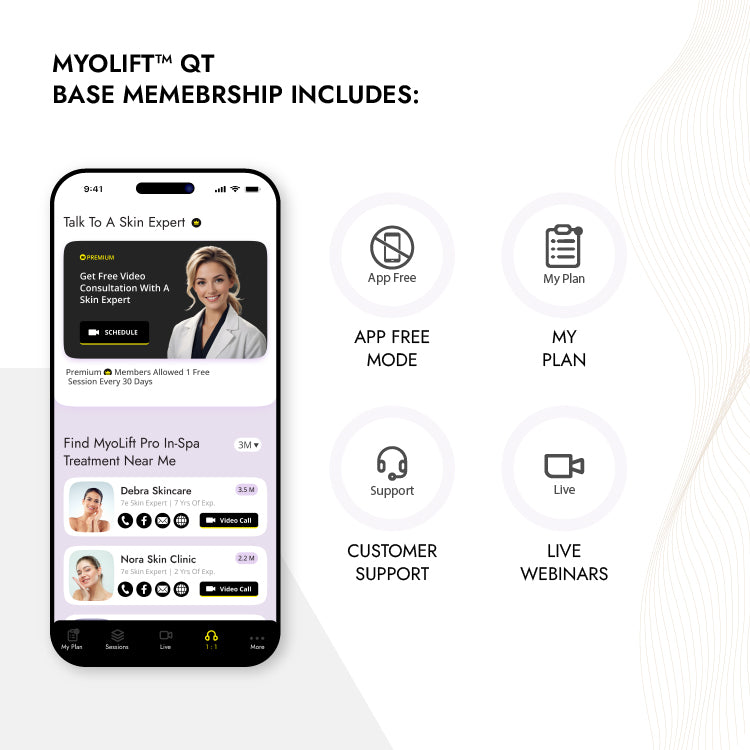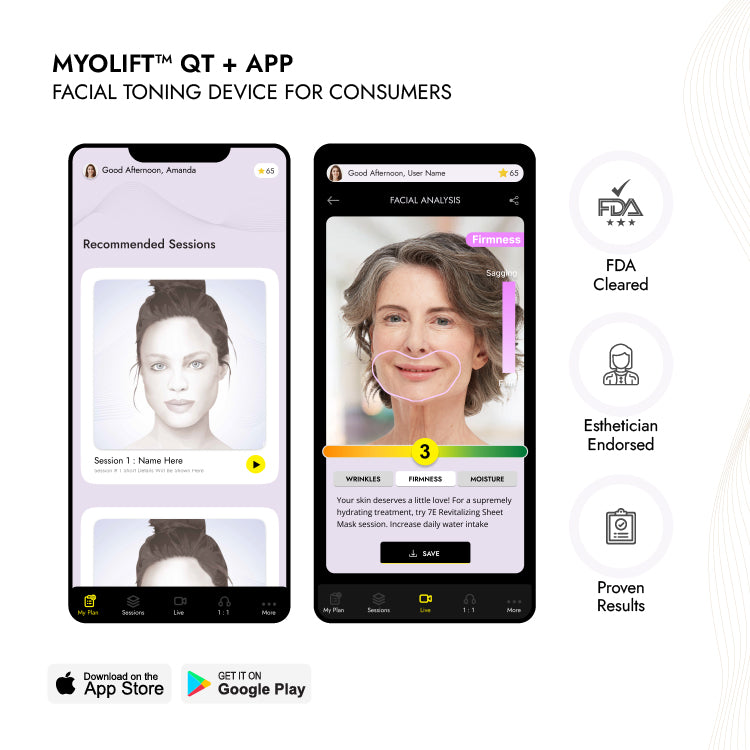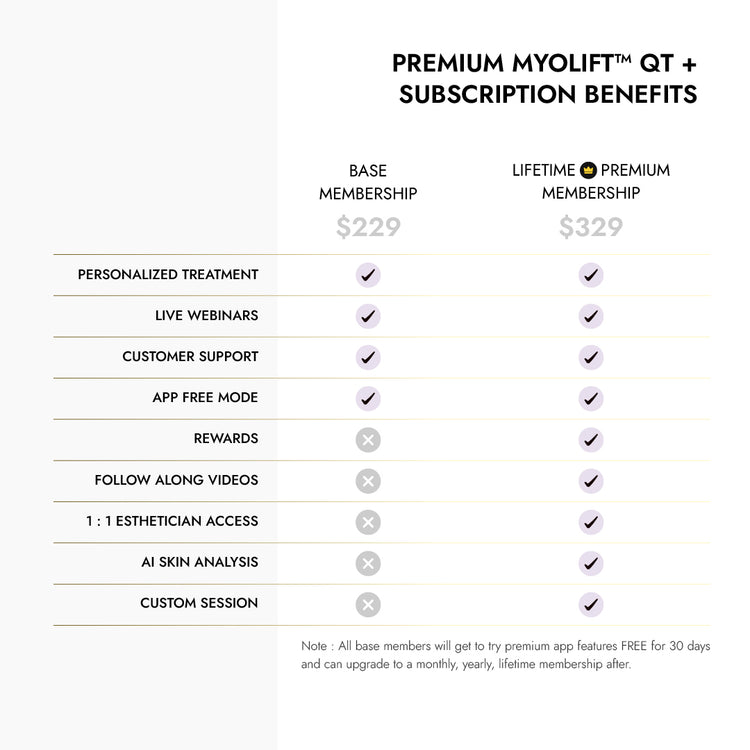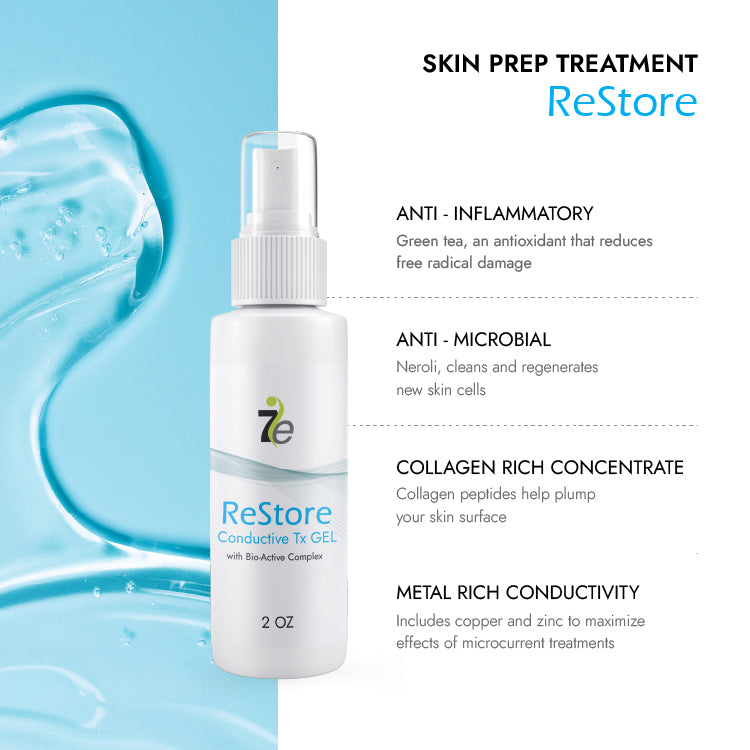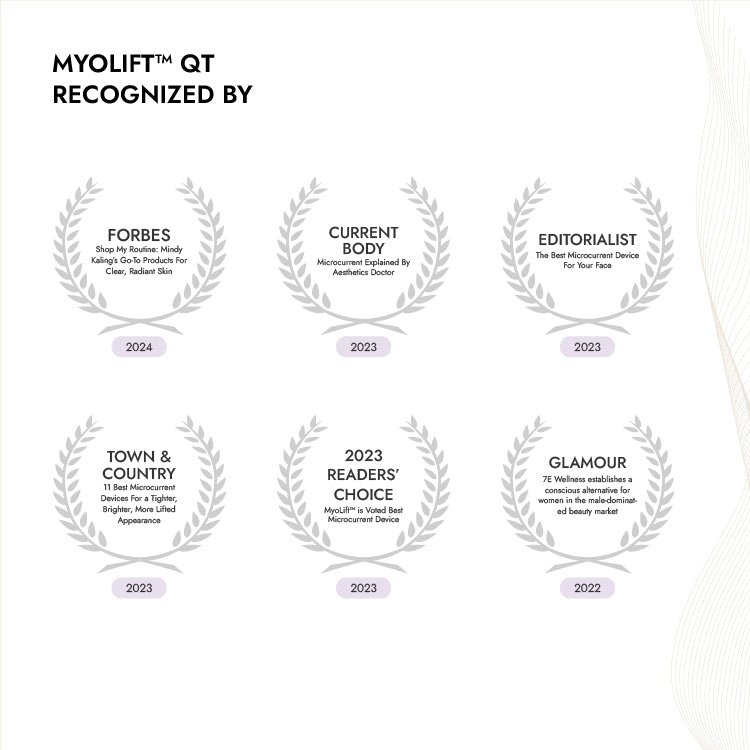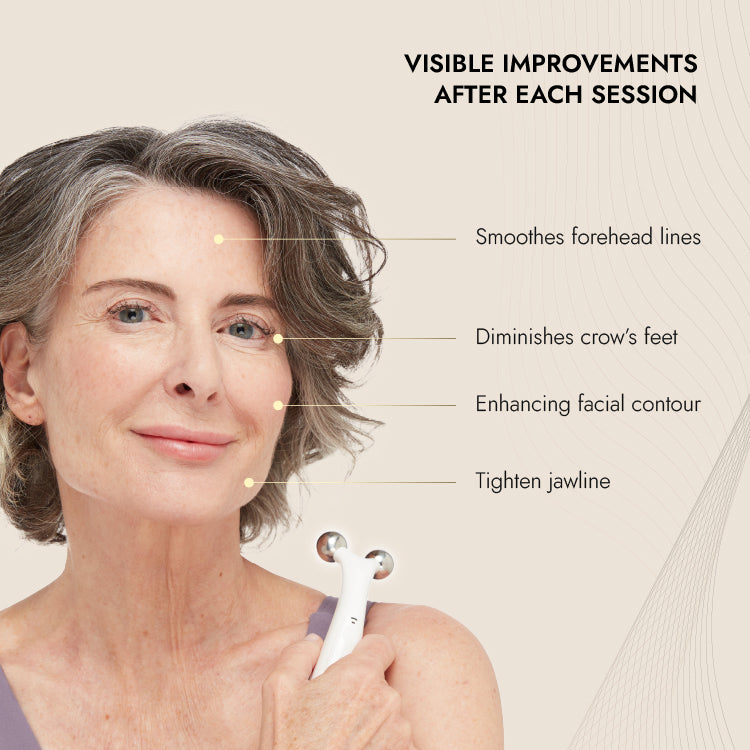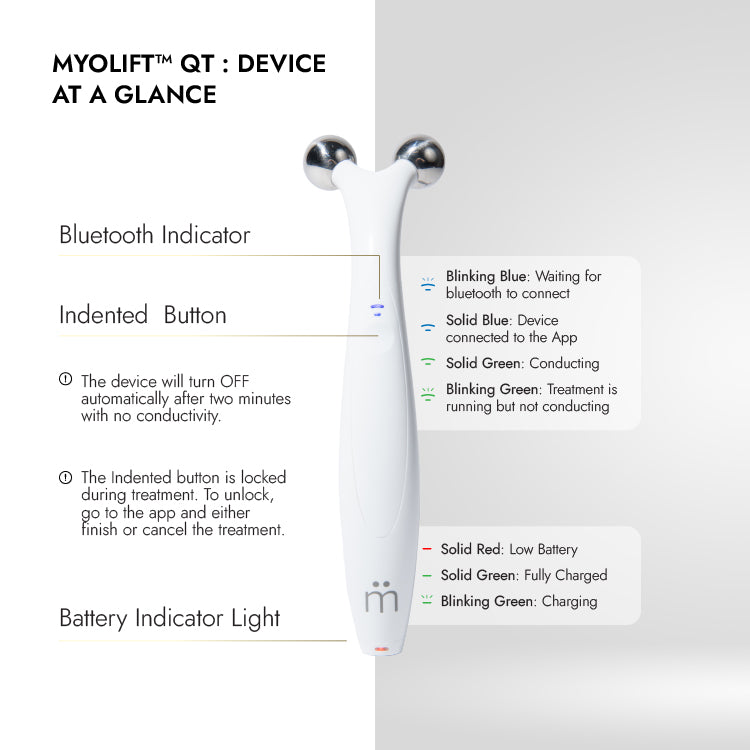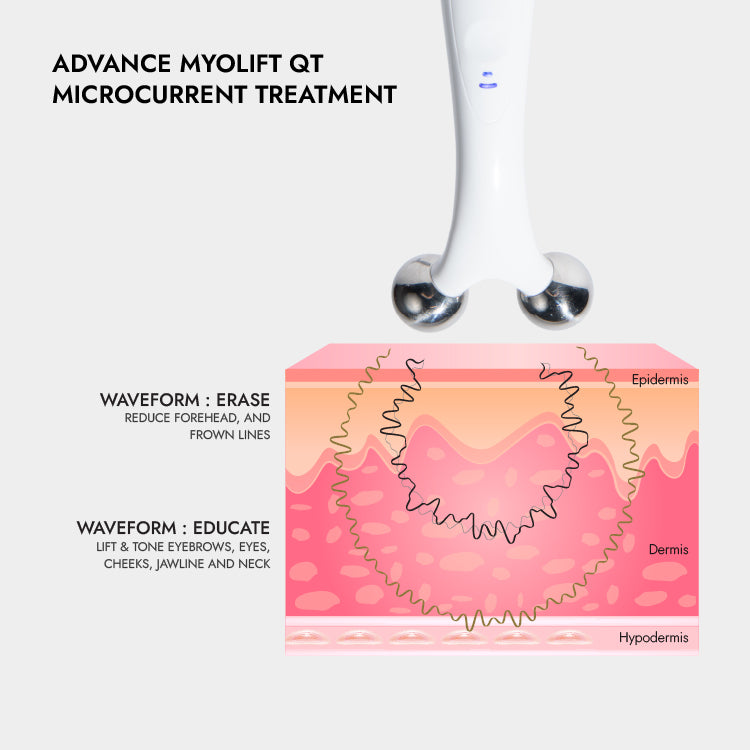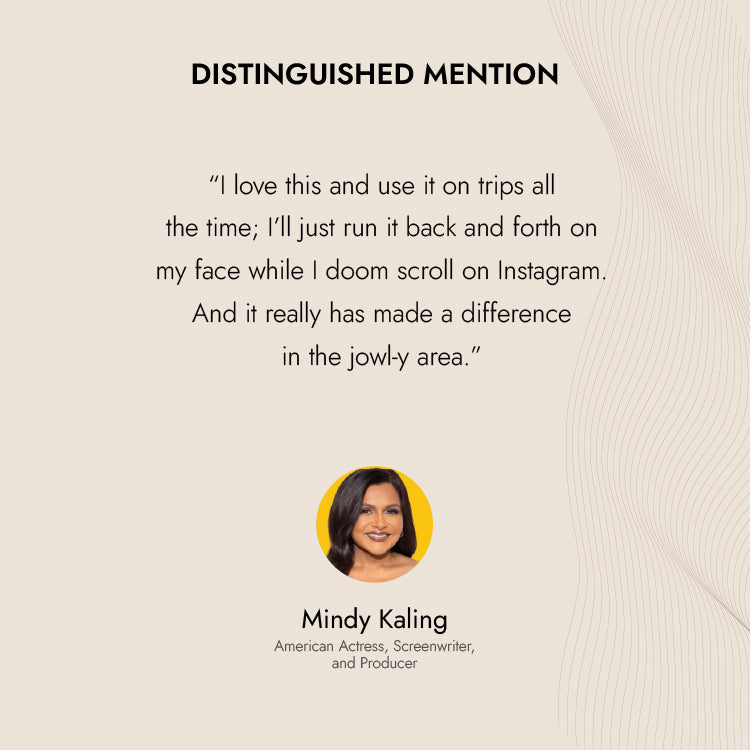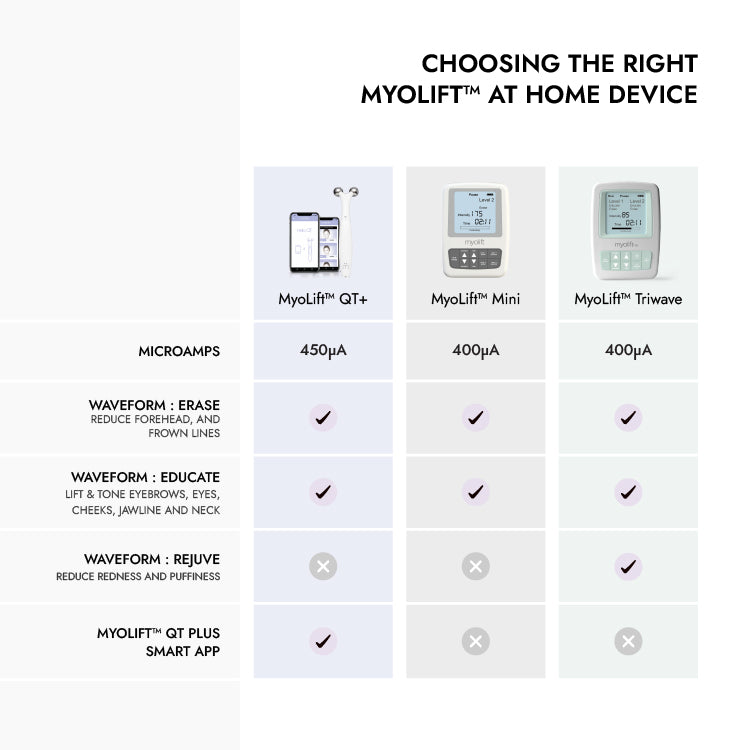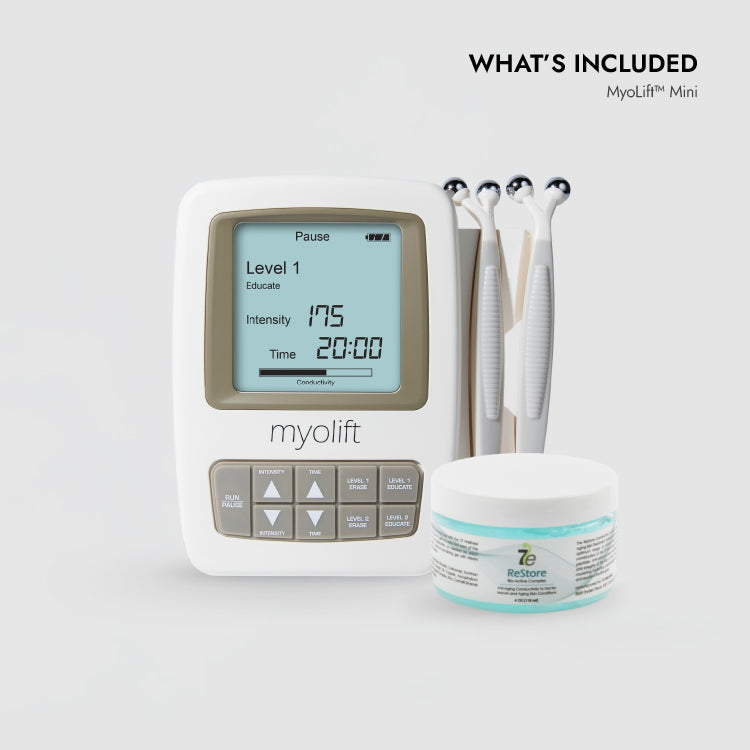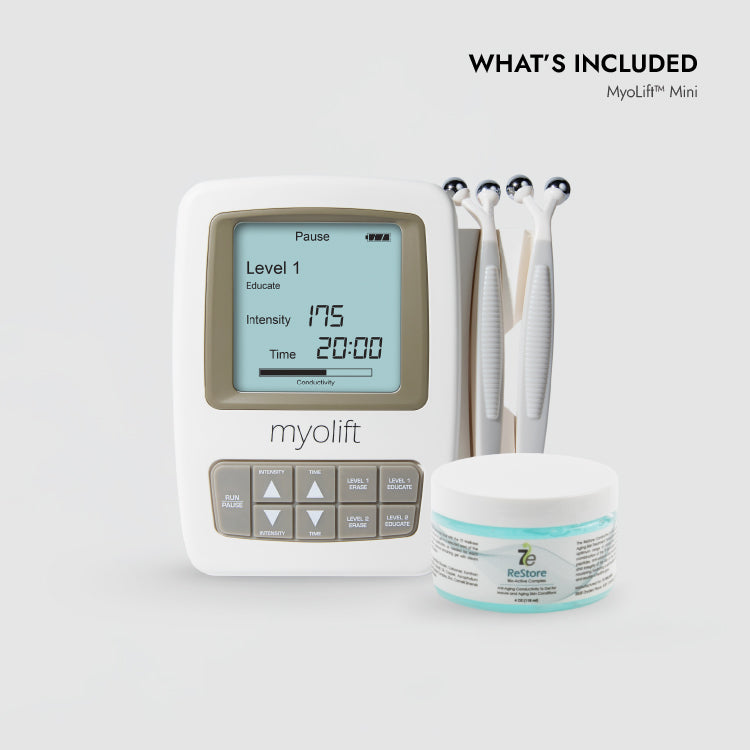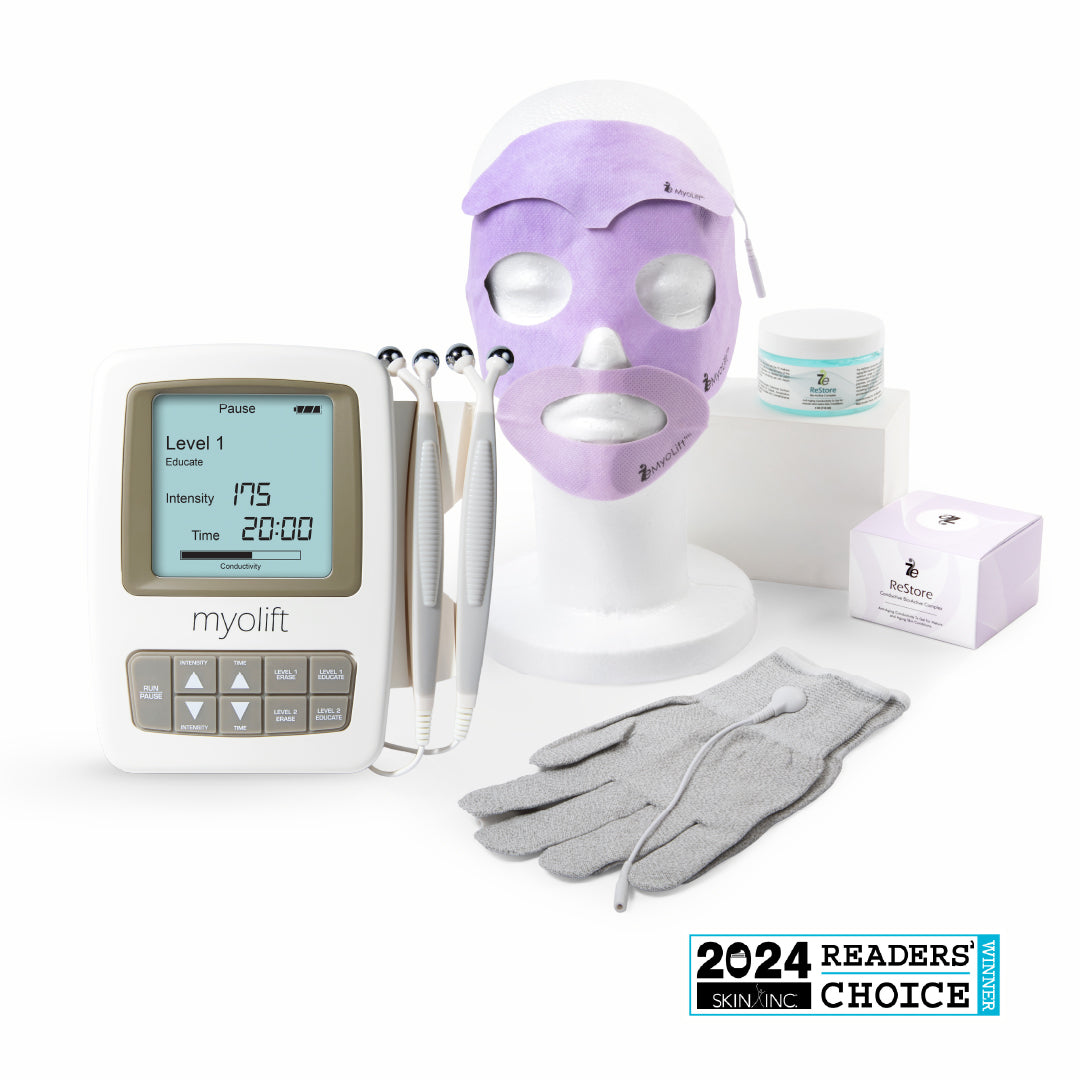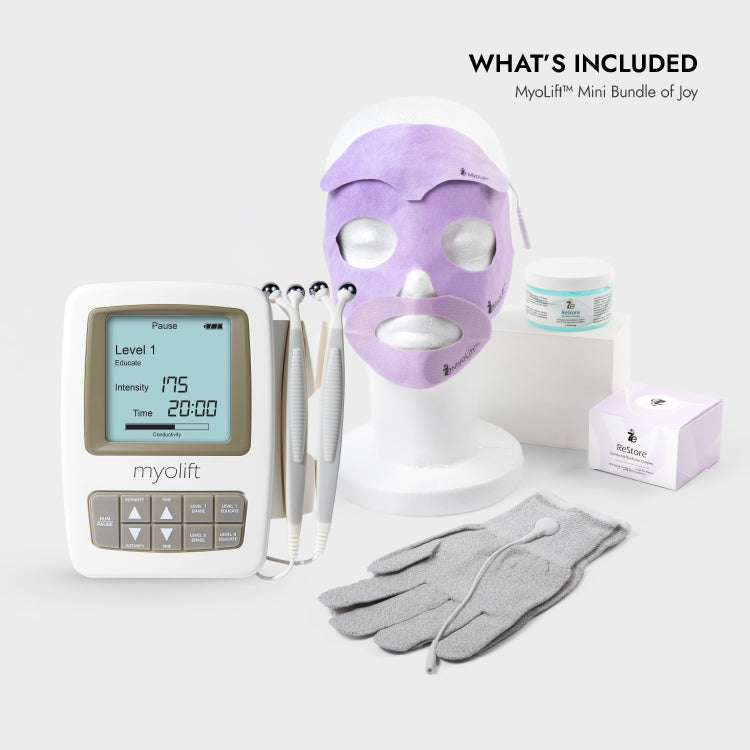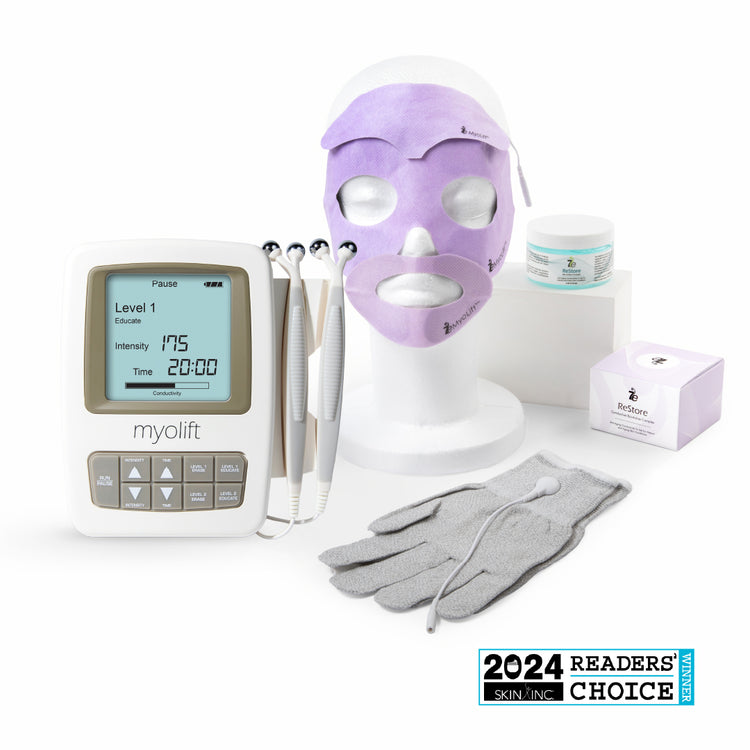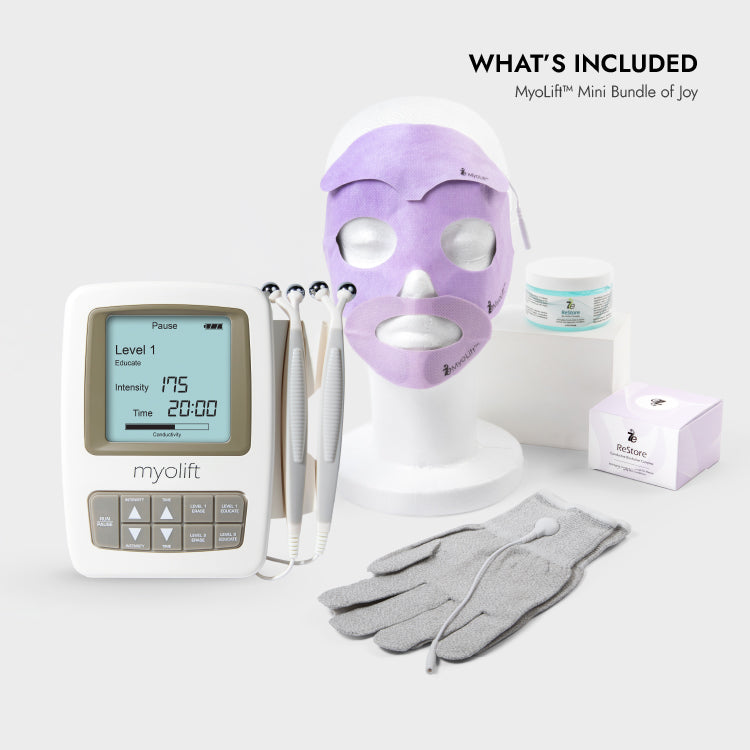What Causes Acne on Cheeks?
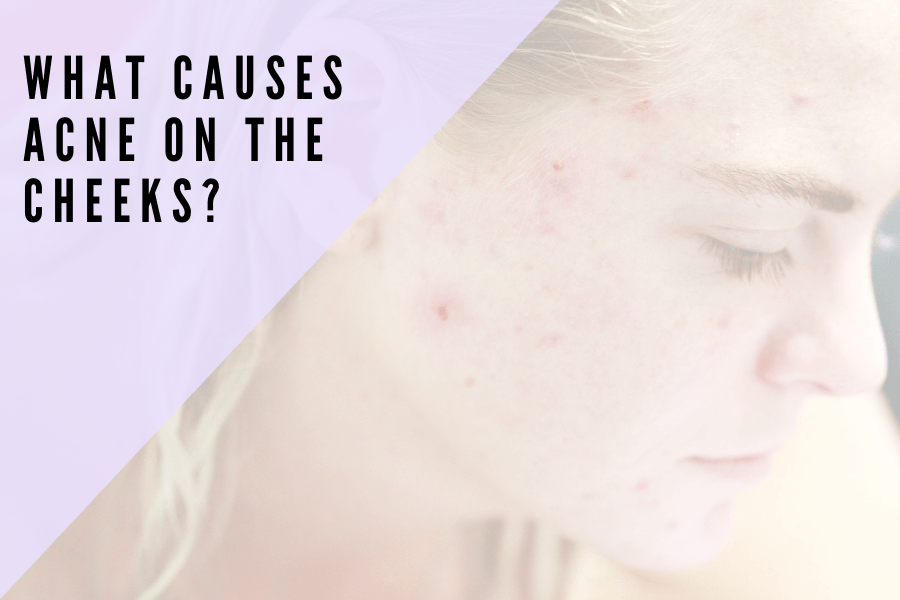
If you are over the age of fourteen, you have most likely faced the reality of pimples. But did you know there’s a big difference between the occasional zit and a full-blown case of acne? They’re caused by different things, and should be treated in different ways. Sometimes diet can help, other times a change in your soap may do the trick, and in extreme cases you may need a prescription. We’re here to debunk the myths surrounding acne, especially what causes acne on your cheeks.
What Causes Acne on Cheeks?
First off, let’s ask the bigger question: what causes acne to begin with?
What Causes Acne?
Acne is a skin condition in which the hair follicles get plugged with oil and dead skin cells. This plug is a problem, and it can turn into blackheads, whiteheads, or pimples. This is one reason why acne pops up during puberty: for one thing, your oil glands are working overtime, and for another, the hair follicles on your face are becoming more prominent on both boys and girls.
Pimples come in a variety of forms, but if you’re a fellow acne sufferer, you may recognize the descriptions as things you once experienced or still are experiencing. They are:
- Whiteheads: closed, clogged pores
- Blackheads: open, clogged pores
- Papules: small red, tender bumps
- Pimples: also known as pustules, they are papules with pus at the tip
- Nodules: Large, solid, painful lumps beneath the surface of the skin
- Cystic lesions: Painful, pus-filled lumps beneath the surface of the skin
Sound familiar? Living through acne can be traumatic, and needs to be taken care of not just for medical reasons but also for social and confidence reasons.
What Causes Acne on the Cheeks?
Have you ever noticed that you often get pimples in the same places over and over again? Along the jawline, on your cheeks, on your chin. It’s very possible that this is because of a repetitive movement that you’re doing. It can be something as obvious as popping a zit (a popped zit just never seems to go away--it keeps coming back and back) or as innocuous as the way you hold your phone against your face, or rest your chin on your palm. Repeated actions (holding something against those pores while you may be sweating or oily) can cause those zits to keep coming back, never allowing the acne to heal.
Acne Face Maps
Doctors have created face maps that distinguish which parts of the face spawn acne and why. For example, the hairline, acne can be caused by hair products or makeup. For the forehead, nose, and chin, the culprit is usually oily skin. But the most up-to-date acne face maps show that cheek acne comes from rubbing or friction. As we mentioned above, it can be your hand, or your cellphone. It could even be your pillowcase. This is why is essential that you take care of that face--treat it like a prize and it will reward you.
How to Avoid Acne on your Cheeks
Acne is not just caused by oily and dead skin; it’s caused by bacteria. And the things that touch your face are, sorry to say, teeming with bacteria.
Your phone can be hiding bacteria-- even E. coli! And every time you touch your face with that device--which looks so shiny and new--your rubbing your face with bacteria. So CLEAN YOUR PHONE.
Likewise, you probably put as little thought into your pillowcase as you put into your wallpaper, but your pillowcase is a breeding ground for germs and dead skin. If you want to get the acne off your face, then you need to wash everything that touches your face. We recommend washing your pillowcase at least once a week. (And don’t wait for mom to do it: you’re a teenager and you can do it yourself.)
Hormonal Pattern Acne
If your hairline acne is caused by makeup and hair products, and your cheek acne is caused by touching germs, where does that acne on your chin and jawline come from? Answer: Hormones.
Your hormones can disrupt your endocrine system, leading to overstimulated oil glands and clogged pores. These hormonal outbreaks can be worse when a girl has her period. (Sorry.)
But a leading cause of hormones going haywire in teens is stress, and every teen knows they’re going through a lot of stress (some of it coming from acne!). It’s hard to give someone the advice of lowering their stress level, especially when school and jobs and college applications are all pushing on you from every direction, but it’s true. Lowering your stress, whether it be through a hot bath, a meditation, a good hike, or something else healthy and soothing can do wonders for your hormones--and therefore your hormone pattern acne.
Does Sugar and Dairy Intake Affect Your Acne?

Sad fact: it appears they do.
In a study that looked at a number of factors, including external and internal factors, they found that there was clear evidence that eating sugar and dairy is linked to acne. The study looked at 6,700 participants in North America, South America, and Europe, and all of them came to the same conclusion.
The study found that 50% of people who ate dairy daily had problems with acne, while 40% of people who didn’t eat it, did not. They also found a significant correlation with sugar, particularly with sweet beverages like soda and juice, as well as pastries and chocolate.
Now, the study--a first of its kind--found that dairy and sugar were linked. It didn’t show that they were the ultimate cause of acne. For example, one of the researchers made the point that eating some dairy can affect a pre-existing genetic condition in the skin of some participants, which increases the oil production. So it may be in our genes and is just compounded by what we eat.
Sources Used:
- https://blog.curology.com/pimple-face-mapping-what-pimples-on-specific-areas-of-your-face-means-84795c018cf6
- https://www.medicalnewstoday.com/articles/325971
- https://www.healthline.com/health/beauty-skin-care/pimple-acne-face-map
- https://www.mayoclinic.org/diseases-conditions/acne/symptoms-causes/syc-20368047#:~:text=Acne%20develops%20when%20sebum%20%E2%80%94%20an,resulting%20in%20more%20severe%20acne.
- https://www.healthline.com/health-news/eating-sweets-and-dairy-every-day-can-give-you-acne#:~:text=A%20new%20study%20links%20a,to%20a%20blemish%2Dfree%20face.










